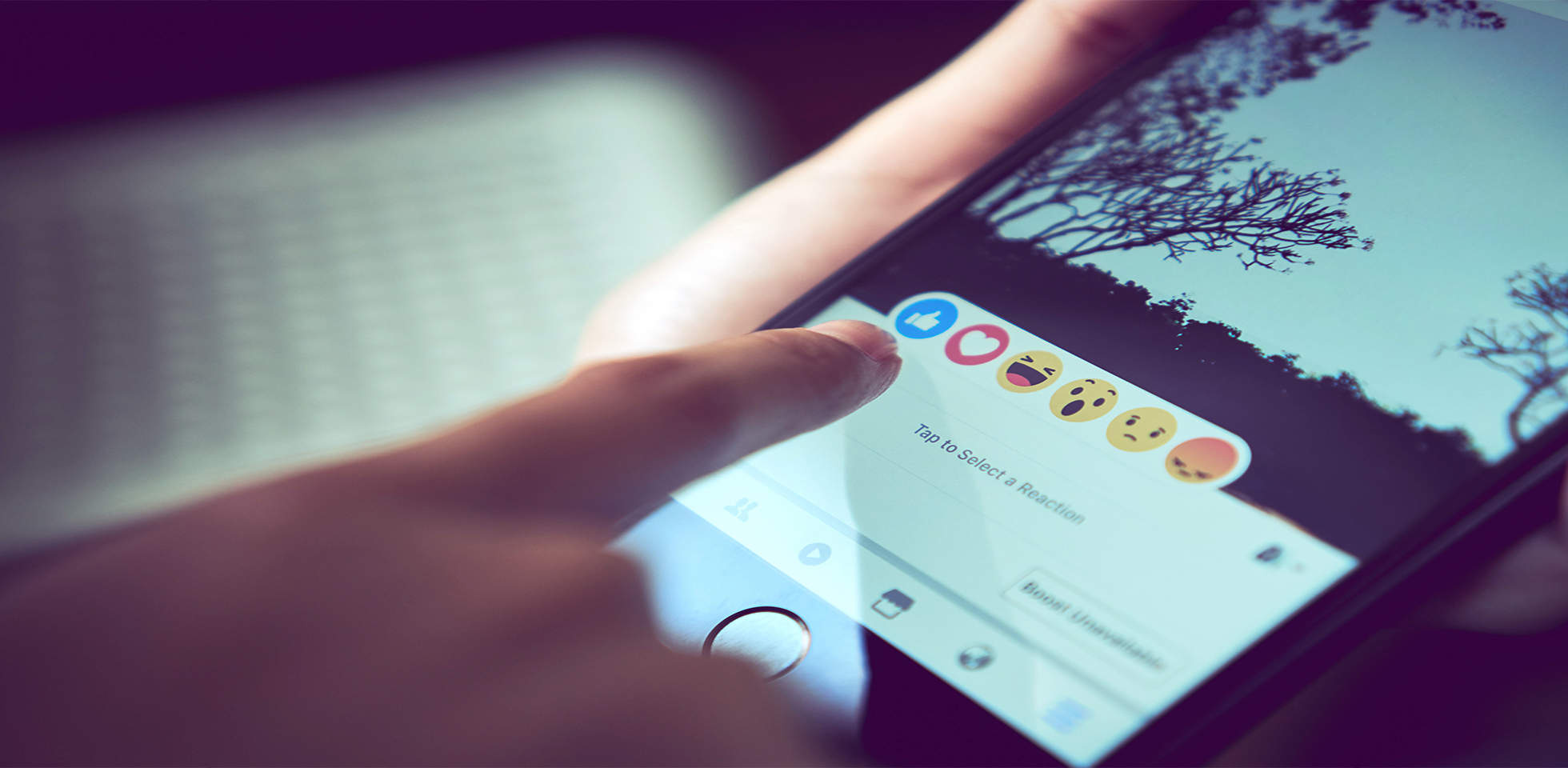The American Economic Review recently published the results of the largest randomized study ever conducted to measure the impact on the quality of life after deactivating one’s Facebook account.
“The Welfare Effects of Social Media” is the title of the research that recruited no less than 2,743 Facebook users willing to suspend their account for a month, in exchange for a sum of money. Subjects were divided into two groups, the treatment group (which actually deactivated their account) and the control group (which kept the account active throughout the experiment).
The researchers also measured the (self-reported) level of personal satisfaction and group behavior, both before and after the experiment. For this purpose, they used surveys, e-mails, text messages, but also software for monitoring network access. And their conclusions were eye-opening.
Deactivating the Facebook account freed, on average, about an hour a day from the program of the people in the treatment group. They generally chose to devote their free time to offline activities, especially to spend time with friends and family.
Deactivation of the account produced small but significant improvements in general well-being, especially in terms of self-reported happiness, life satisfaction, depression and anxiety. What is curious is that researchers estimate that the effect emulates, to an extent of 25-40%, the effects of participating in psychotherapy sessions.
At the end of the experiment, participants said they planned to use Facebook much less in the future. Moreover, 5% of the participants in the treatment group decided to keep their Facebook account deactivated even after the end of the experiment.
The final assessment also showed that the treatment group was more likely to follow political news or news about the president, but was less able to answer factual questions about current events correctly.
In addition, it seems that the deactivation of the account reduced the polarization of opinions on political issues and, to some extent, reduced exposure to polarizing news, but did not have a significant impact on negative feelings about the party with an ideological orientation other than preferred.
Easy to anticipate similarities
Two years ago, another study looked at the interaction between the use of online networks and mental well-being. Although the data and purpose were different (the researchers only analyzed the effects of reducing use to the level of 10 minutes per day, and the sample was only 143 people), the results were similar.
“Using less social media than you normally would leads to significant decreases in both depression and loneliness. These effects are particularly pronounced for folks who were more depressed when they came into the study,” psychologist Melissa G. Hunt, lead author, explained at that time. One of the reasons behind these results is the tendency of users to constantly compare themselves with each other.
“When you look at other people’s lives, particularly on Instagram, it’s easy to conclude that everyone else’s life is cooler or better than yours,” Hunt said.
In another study, experts from the University of Huston, USA, showed that people actively involved on Facebook tend to develop more depressive symptoms, isolate themselves from society and feel social anxiety. “It doesn’t mean Facebook causes depression, but that depressed feelings and lots of time on Facebook and comparing oneself to others tend to go hand in hand,” said the authors.
A comparison full of scars
“When we derive a sense of worth based on how we are doing relative to others, we place our happiness in a variable that is completely beyond our control,” exaplained Dr Tim Bono, author of When Likes Aren’t Enough. People like Facebook so much because the platform allows users to create an online identity that can be very thoroughly managed, says Dr Jennifer Love Farrell, a psychiatrist and addiction specialist.
Users can feed in the minds of others a certain idea about them, Farrell says, which can be more or less realistic, more or less selective, even if it costs them spending hours thinking about a funny comment and then rewriting it over and over again. Their friends then think of them as funny and never suspect that it took them maybe six hours to come up with that seemingly spontaneous reply.
“We can convince people we are clever, thin, popular, busy, and important; basically we can show everyone how much we rock, right?” Farrell added.
Feelings of anxiety and regret increase when the interesting profiles of other users allude to opportunities that exist around us (even among our friends), but which we missed (because, like the meme says: “it could have been us”).
The famous FOMO
The fear of missing certain important things has a lot to do with the way we imagine the possibilities we have, the way we perceive regret, and the “hooks” that anxiety finds in us, says Dan Ariely, Professor of Psychology and Behavioral Economics at Duke University in the U.S. state of North Carolina.
The fear of losing opportunities depends a lot on our concept of regret. When we evaluate our actions or even our lives, we often compare ourselves to “what could have been.” This makes us either happy (if what could have been is very, very bad) or unhappy (if what could have been is very, very good, but we missed that).
Regret increases all the more as we feel we have been closer to the happy alternative.
Ariely exemplifies using the case of a passenger who missed the plane because he was two minutes late, compared to one who lost it because he was two hours late. A similar feeling will be experienced by the athlete who came out on the second place, at a minimum difference from the first place on the podium, compared to the athlete who came on the third place and who, theoretically, regrets less, because he was further from the chance of winning.
Beyond the cliché of the most tolerated waste of time
At the end of a personal experiment I conducted two years ago — deactivating my Facebook account for a month — I found that the social network deserves to be exploited, but strictly as a tool, not as a form of entertainment. And, if I’m honest, I have to admit that I didn’t firmly adhere to this form of separating the spheres, because in many moments of inactivity or even in moments of pressure, I turned again to the old “let’s see what’s new in there”.
But the two years since that test, after which I thought I understood everything that was essential to understand about the network, people have continued to learn that the impact that Facebook has goes beyond identity dramas. And, most importantly, that compared to the political, economic and social effects of Facebook and social media in general, both the habit of comparison and FOMO still remain some whims with which we shouldn’t waste too much time.
Alina Kartman is a senior editor at ST Network and Semnele timpului.



















